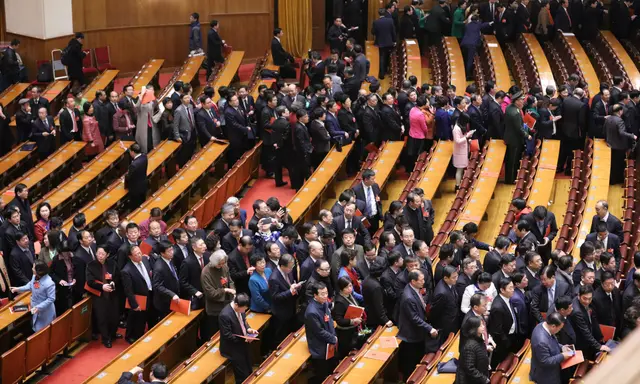Corrupt officials were given no respite during China's biggest annual political events, the plenary meetings of national lawmakers and political advisors.
Early this month, the Communist Party of China (CPC) Central Commission for Discipline Inspection (CCDI) announced an investigation into senior national legislator Wang Min for violation of Party codes of conduct.
Less than two weeks later, as the "two sessions" closed, the top discipline watchdog announced it was investigating Lu Ziyue, mayor of Ningbo in Zhejiang Province, and Wang Yang, a senior legislator in Liaoning Province.
The CPC may have been expected to avoid such negative publicity during the sessions, but these moves once again deny naysayers on the thoroughness and longevity of China's campaign against corruption.
In 2015, over 200,000 received Party punishments for violating codes of conduct.
More than 54,000 officials were investigated by prosecutors for bribery, dereliction of duty and other duty-related crimes in 2015.
Investigations into 90 central government officials were conducted in 2015, and 42 of them have been transferred to judicial organs for criminal investigation.
The drive show no sign of weakening.
Days before the two sessions, a new round of inspections kicked off in Party and state organs and agencies including the publicity department of the CPC Central Committee and the National Development and Reform Commission.
Since the 18th CPC National Congress in late 2012, inspection teams sent by the central authorities have completed eight rounds of checks, covering all major provincial-level governments, large state-owned enterprises and central financial institutions.
In the new round of inspections, graft-busters will also reinspect four provinces they have already examined.
 简体中文
简体中文

